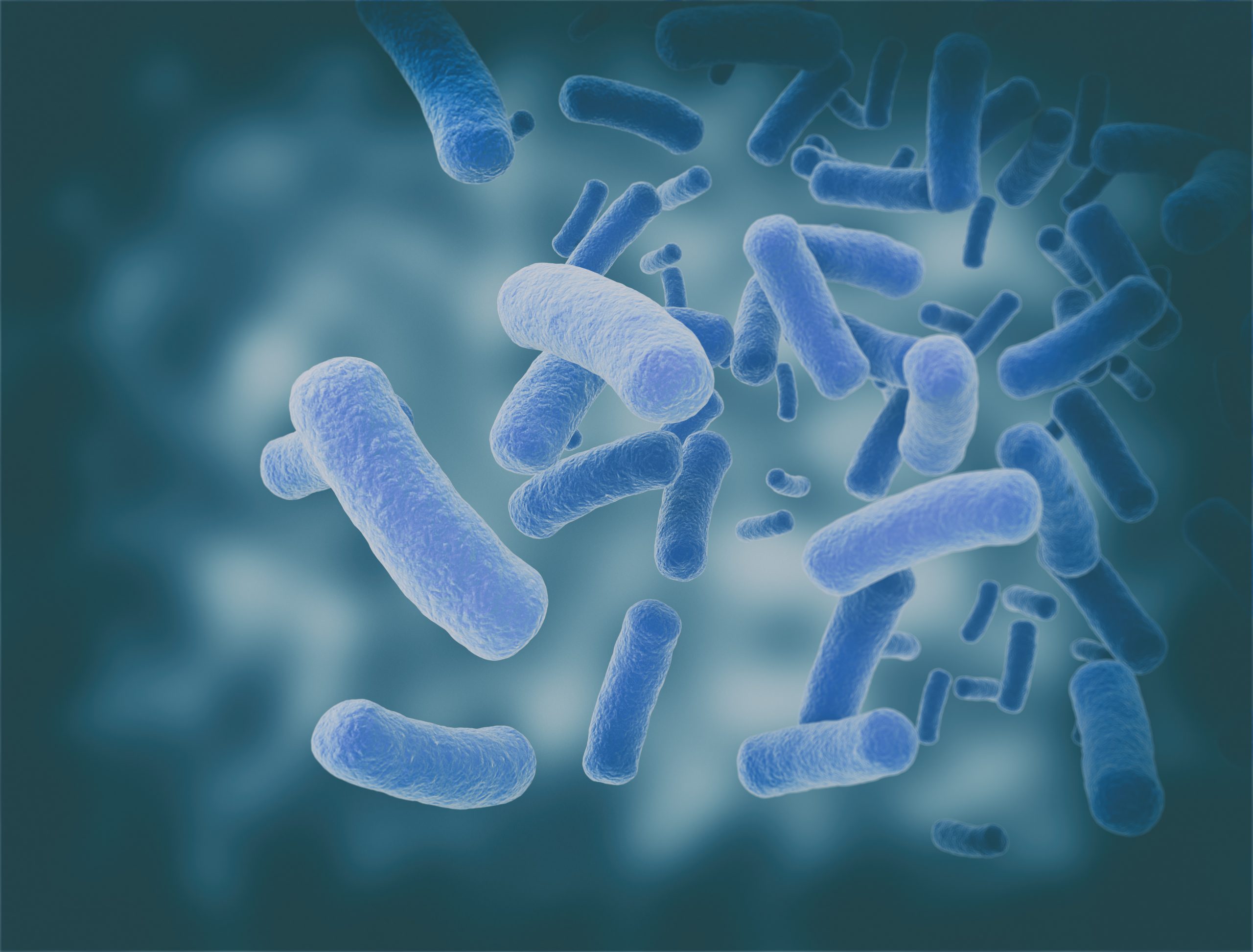Probiotic Strain of B. Subtilis Halts Alpha-synuclein Aggregation in Round Worms

A probiotic strain of the bacteria Bacillus subtilis called PXN21 can prevent the buildup of the protein alpha-synuclein — one of the hallmarks of Parkinson’s disease — in the round worm C. elegans, researchers reports.
This finding warrants further investigation to assess the therapeutic potential of dietary supplements containing B. subtilis to treat patients with Parkinson’s, they noted.
The study, “Probiotic Bacillus subtilis Protects against α-Synuclein Aggregation in C. elegans,” was published in the journal Cell Reports.
A distinctive feature of Parkinson’s is the progressive degeneration of brain cells due to the accumulation of toxic clumps of the protein alpha-synuclein, called Lewy bodies.
Although Parkinson’s is considered a neurological disorder that mainly affects the nervous system, there are other systems and organs in the body, particularly the gastrointestinal (GI) tract, that are thought to play a role in disease progression. Some studies contend that Lewy bodies actually may form in the gut and then spread to the brain, where they gradually damage and destroy brain cells.
Some studies also suggest that the composition of the gut microbiome — the different species of microorganisms that can be found living in the gut — can influence the progression and severity of Parkinson’s. However, the exact impact these gut bacteria may have on neurological disorders like Parkinson’s are still not fully understood.
To investigate the effects gut bacteria might exert on alpha-synuclein aggregation, investigators at the University of Edinburgh in collaboration with colleagues at the University of Dundee fed the round worm C. elegans, an animal model often used to study neurological diseases, with different species of gut bacteria.
These different bacteria diets included the non-harmful OP50 strain of Escherichia coli and the probiotic PXN21 strain of B. subtilis. The latter was isolated from Bio-Kult, a commercially available probiotic product sold by ADM Protexin.
When fed with the OP50 strain of E. coli, round worms that had been genetically modified to produce human alpha-synuclein linked to a yellow fluorescent protein, developed aggregates of alpha-synuclein that were visible by fluorescence microscopy.
In contrast, when researchers fed the animals with the probiotic PXN21 strain of B. subtilis, nearly no aggregates formed. This was true in both young and older animals.
Moreover, investigators found this beneficial effect was not exclusive to the PXN21 strain. In fact, several strains of B. subtilis were found to prevent the buildup of alpha-synuclein when fed to round worms, “indicating that the anti-aggregation effect is a general property of the B. subtilis species.”
To pinpoint which genes could be altered in round worms in response to being fed with strains of B. subtilis that could underlie its beneficial effects in alpha-synuclein aggregation, investigators performed RNA sequencing to analyze changes in the levels of transcripts in different groups of animals. Of note, transcripts are RNA molecules that are used as a template for the production of proteins; these RNA molecules are produced from the DNA sequence of protein-encoding genes.
These different groups included young and older round worms that had been exclusively fed with the OP50 strain of E. coli, with the probiotic PXN21 strain of B. subtilis, or with a mix of the two bacteria strains.
“We found that 6,510 genes were differentially expressed [had a different activity pattern] by 1.5-fold change or higher in animals fed with B. subtilis compared to those fed E. coli,” the researchers wrote.
These included genes involved in the regulation of lipid (fatty molecules) metabolism, more specifically the sphingolipid metabolism pathway, which previously had been proposed to be involved in the aggregation of alpha-synuclein in Parkinson’s.
“We propose that the B. subtilis probiotic diet in the C. elegans model alters the lipid composition of the cell, directly affecting [alpha-synuclein] aggregation. Our data further demonstrate that a simple dietary intervention can concurrently affect several branches of the sphingolipid pathway, to beneficial effect,” the researchers wrote.
The team added that if B. subtilis can indeed modify alpha-synuclein aggregation in humans, this could “open exciting possibilities for diet-based, disease-modifying interventions through the manipulation of microbiome composition in the gastrointestinal tract or the development of drug therapies based on protective bacterial metabolites.”






